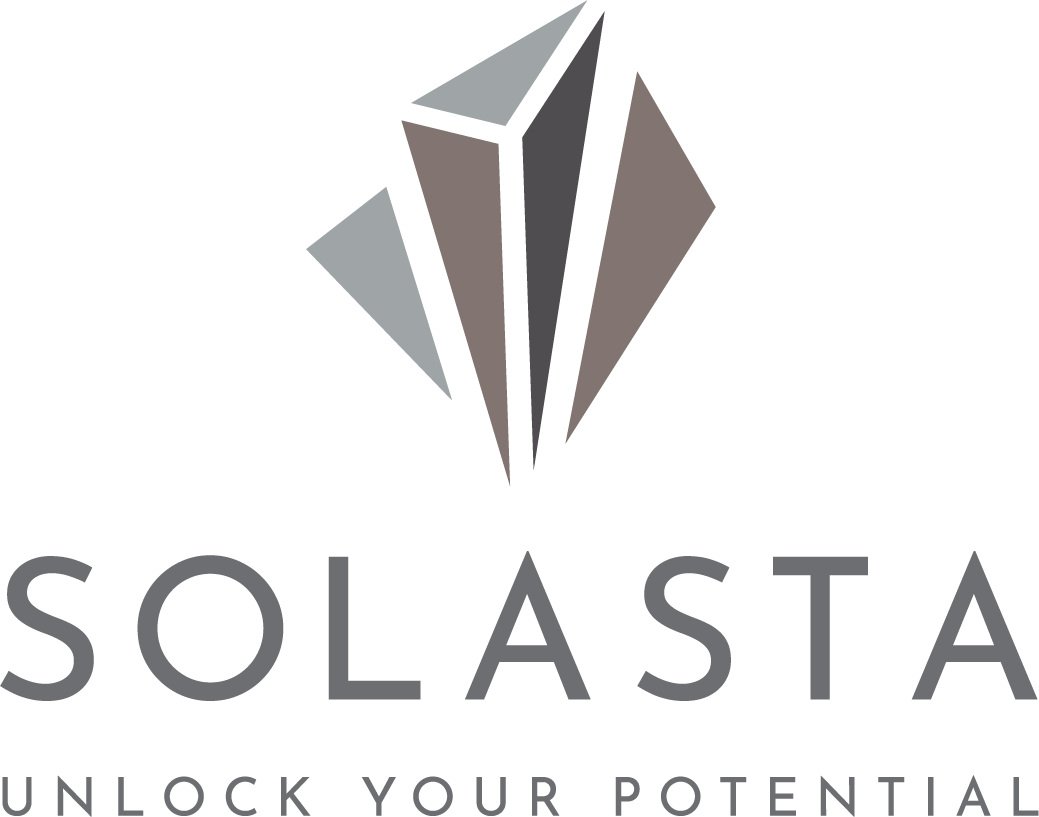Are CEOs/MDs helping or hindering the HR profession?
Are CEOs/MDs maximising the potential of their senior HR professionals? Are they actively mentoring and supporting the HR function, or inadvertently impeding their growth and development?
Senior HR leaders frequently express their challenges in having their voices heard by the senior management team and/or the Board.
These challenges can have a significant impact on the organisation, leading to:
Limited influence on decision making: Without the ability to effectively communicate HR perspectives and insights, senior HR professionals may find themselves excluded from strategic discussions and decision-making processes. This can result in HR initiatives being overlooked or undervalued, potentially leading to suboptimal outcomes for the organisation.
Missed opportunities for strategic alignment: HR professionals play a critical role in aligning organisational goals with people strategies and practices. When their voices are marginalised, there's a risk of strategic misalignment between people initiatives and broader business objectives. This can hinder organisational performance and growth.
Decreased employee engagement and satisfaction: HR professionals are often responsible for championing employee engagement and satisfaction initiatives. When their voices are not heard at the highest levels of the organisation, there may be a lack of support for initiatives aimed at improving the employee experience. This can negatively impact morale, productivity, and retention rates.
Risk of compliance and legal issues: HR professionals are also responsible for ensuring compliance with employment laws and regulations. When their input is disregarded, there's a heightened risk of overlooking compliance requirements or failing to address legal issues proactively. This can result in legal liabilities and reputational damage for the organisation – not to mention financial costs and the impact on your already tight budgets.
Stagnation of HR innovation: Without support from senior leadership, HR professionals may struggle to implement innovative people practices and technologies that could drive organisational effectiveness and competitiveness. This can lead to stagnation in people processes and practices, hindering the organisation's ability to adapt to changing market dynamics.
Overall, when senior HR professionals face challenges in having their voices heard by the Board or senior management, it can have far-reaching implications for organisational performance, employee satisfaction, legal compliance, and innovation.
Addressing these challenges requires proactive efforts from both HR professionals and senior leadership to recognise the strategic value of HR, improve communication and collaboration, and foster a culture of inclusivity and openness to diverse perspectives.
Let's work together (CEOs/MDs and HR professionals) to unlock the full potential of the HR function and create enhanced organisational success.


